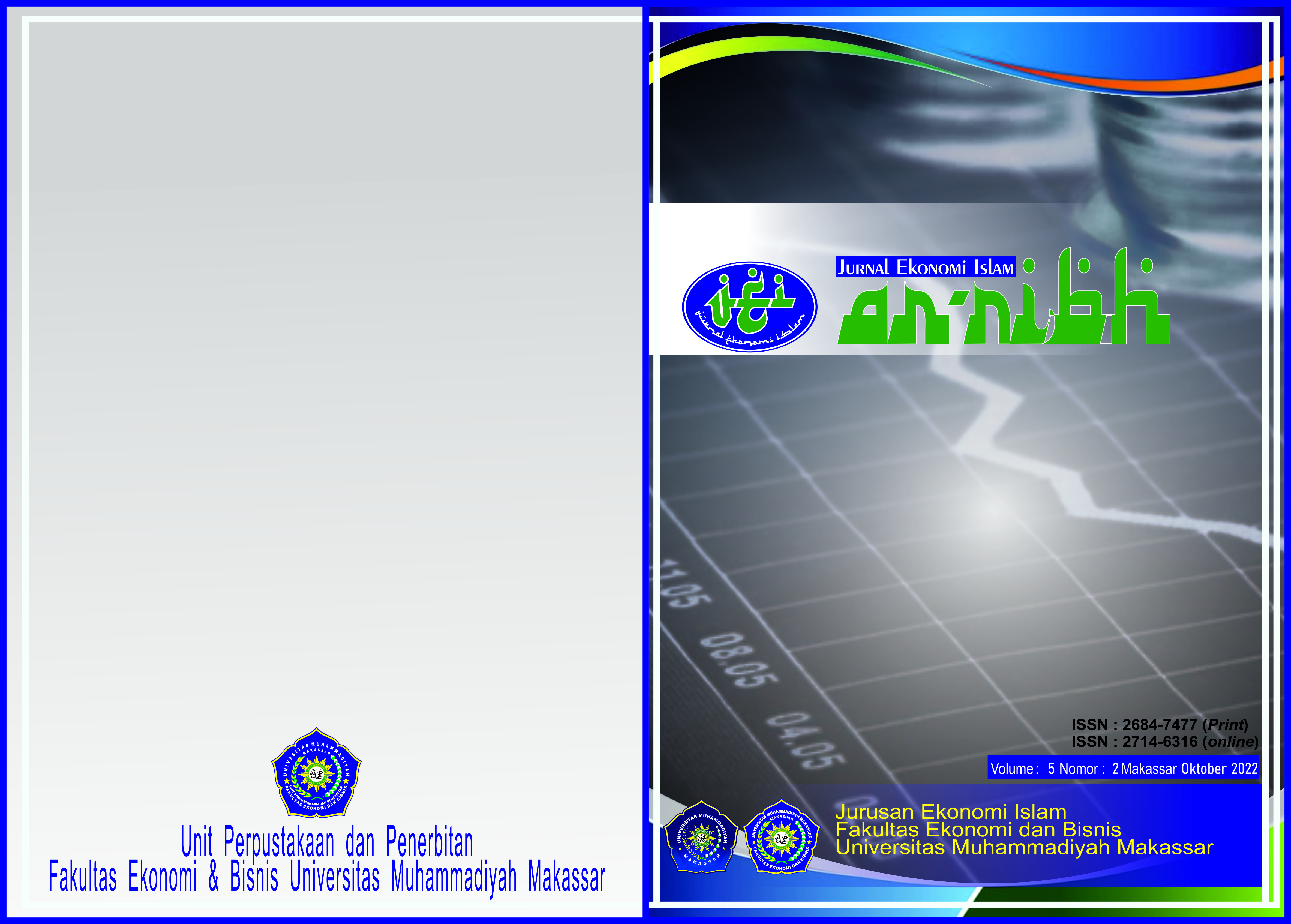The Concept of Waqf: Analysis of Waqf Thought According to Imam Shafi'i
DOI: https://doi.org/10.26618/jei.v7i1.14512
Abstract
This research describes the thoughts of Imam Syafi'i on waqf, one of the important concepts in Islam that involves the transfer of property ownership for perpetual charitable purposes. Waqf it self means the release of wealth intended to build facilities and infrastructure needed by To promote community well-being human life. Imam Syafi'i is one of the great scholars who views waqf as a powerful instrument in promoting social welfare and providing sustainable benefits for the Muslim community. He believes that waqf is the surrender of a property or wealth to Allah for charitable use and cannot be revoked by the waqif (the one making the waqf), meaning that waqf with a specific time limit is not permissible because the waqif, who has dedicated their property to Allah, cannot reclaim the waqf property. The research method used in this study is a descriptive qualitative study with a field survey approach. The results of this investigation suggest that the land was dedicated as a waqf. is no longer the individual's (waqif's) ownership but has transformed into the ownership of the community (belonging to Allah). As a result, the dedicated property cannot be traded, donated, or inherited because it is no longer personal property but public ownership (belonging to the community).References
Abdul Qadir Ar-Rahbawi. 2021. Biografi Imam Empat Mazhab dan Imam Perawi Hadits, Jogjakarta: Hikam Pustaka.
Abdullah Muhammad bin Idris Asy-Syafi’i. 2008. Musnad Imam Syafi’i, penterjemah: Edy Fr, Rahmatullah, Jakarta: Pustaka Azzam.
Assingkily, M.S. 2021. Metode Penelitian Pendidikan: Panduan Menulis Artikel Ilmiah dan Tugas Akhir. Yogyakarta: K-Media
Chalil, Moenawar Chalil. 1996. Biografi Serangkai Empat Imam Mazhab, Jakarta: Bulan Bintang.Depag. 2005 Fikih Wakaf, Jakarta: Direktorat Pengembangan Zakat dan Wakaf.
Dr. Jaih Mubarok. 2000. Sejarah dan Perkembangan Hukum Islam,Bandung: PT. Remaja Rosdakarya.
Dr. K.N. Sofyan Hasan, S.H., M.H dan Dr. Muhamad Sadi Is, S.H.I., M.H. 2021 Hukum Zakat dan Wakaf di Indonesia, Jakarta : Kencana.
Farida Prihatini, et al. 2005. Hukum Islam Zakat dan Wakaf,( Jakarta: Papas Sinar Kinanti dan Badan Penerbit Fakultas Hukum Universitas Indonesia (UI).
Kementerian Agama, Alquran dan Terjemahnya. 2007 ,Bandung: Sygma Publishing.
Setya Tunggal, Hadi, 2005. Undang-undang Republik Indonesia Nomor 41 Tahun 2004 tentang Wakaf, (Jakarta: Harvarindo.
Kartika Sari, Elsi, 2006. Pengantar Hukum Zakat dan Wakaf, Jakarta : Penerbit PT Grasindo Jakarta,
Surahwardi K.Lubis,dkk., Wakaf dan Pemberdayaan, Jakarta: Sinar Grafika,
Zed, Mestika. 2014. Metode Penelitian Kepustakaan. Jakarta: Yayasan Pustaka Obor Indonesia
Pustaka berupa jurnal ilmiah:
Bahrul Ma’ani. 2014. Pemikiran Ekonomi Wakaf Imam Syafi’i (Analisis Wakaf Dirham Dan Dinar Isyarat Wakaf Produktif), Al Risalah : Vol. 14, No. 1 : 182
Misbah, Muhammad. 2016. Pemikiran Imam Al-Syafi’i (W. 204 H) Tentang Tafsir. Hermeneutik Volume 10 Nomor 1
Nursapia Harahap. 2014. Penelitian Kepustakaan”. Jurnal Iqra’ 8, no. 1 .
















